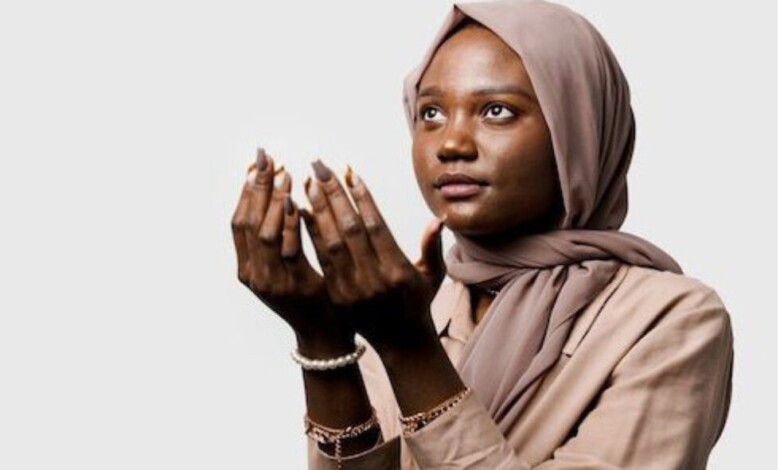Purity as a way of life: Cleanliness in Islam

By Hatmah Nalugwa Ssekaaya
Islam is a religion of purity—of the heart, body, and surroundings. Cleanliness is not merely a habit; it is deeply connected to faith and worship. The Prophet Muhammad S.A.W said:
“Cleanliness is half of faith.” – (Muslim)
From wudhu and ghusl to clean clothing and tidy spaces, Islam teaches us that outward cleanliness reflects inner discipline and respect for Allah’s blessings.
Adab of Cleanliness:
- Maintain personal hygiene: Regular bathing, trimming nails, and keeping the body clean are acts of Sunnah.
- Care for the mouth: The Prophet S.A.W loved the use of the miswak and encouraged oral cleanliness.
- Wear clean clothes: Especially when going to the masjid or meeting others.
- Keep surroundings clean: Homes, streets, and public spaces should be kept free from harm and filth.
Allah Subhanahu wa ta’ala says:
“Indeed, Allah loves those who repent and loves those who purify themselves.”
(Qur’an 2:222)
Cleanliness promotes dignity, prevents harm, and makes worship more meaningful. A clean Muslim reflects the beauty of Islam and consideration for others.
Practical Tip: Renew your intention: every act of cleaning—your body, clothes, or space—can be an act of worship when done for Allah’s pleasure.
Takeaway: Purity in Islam is not occasional—it is a daily expression of faith.





